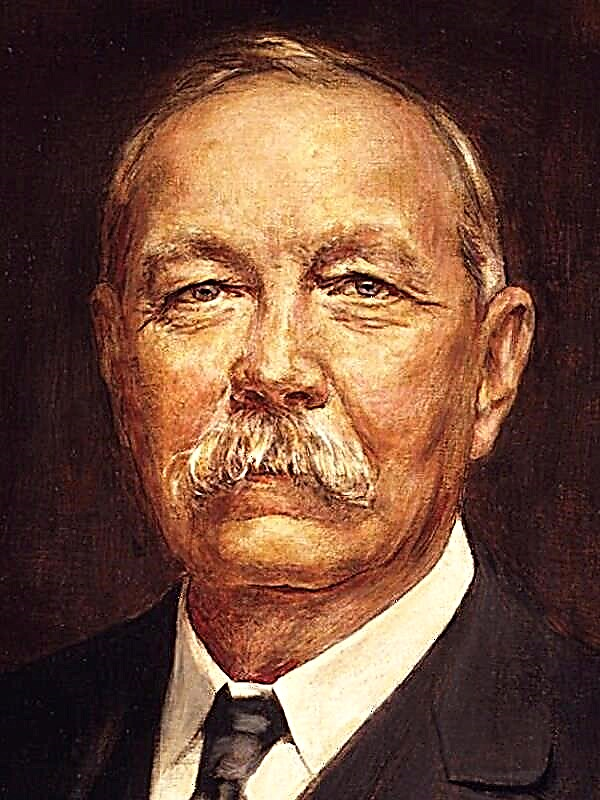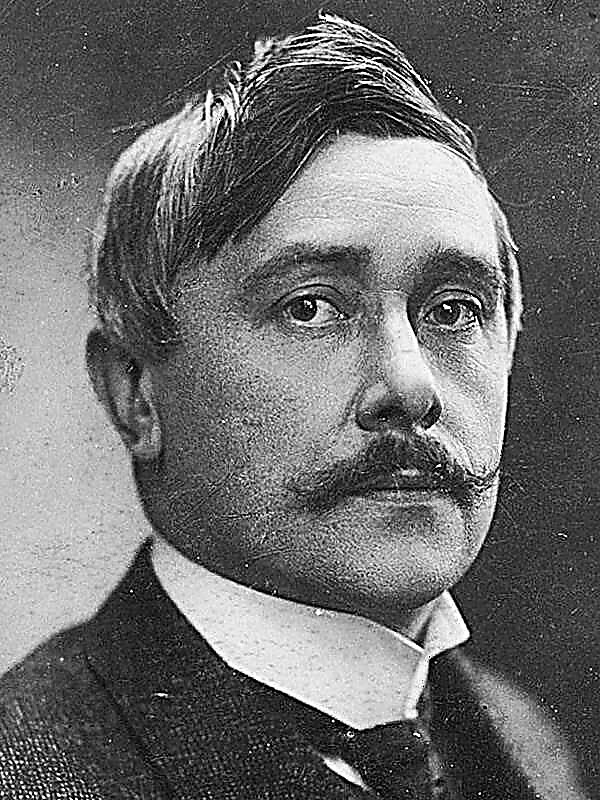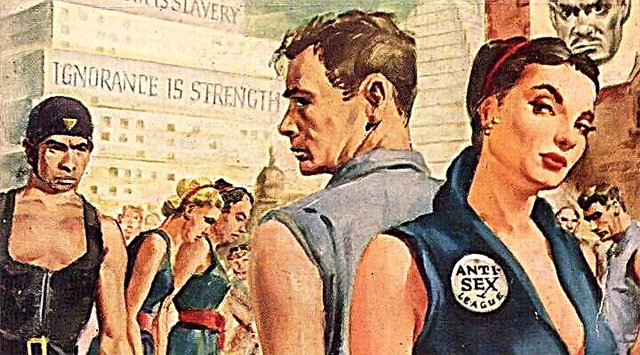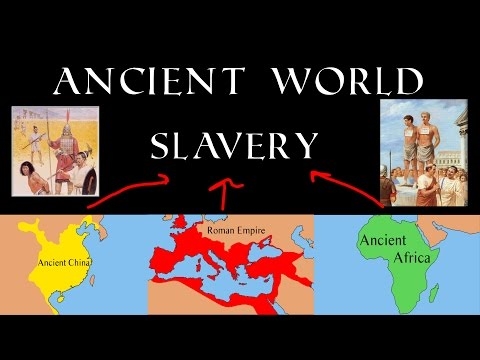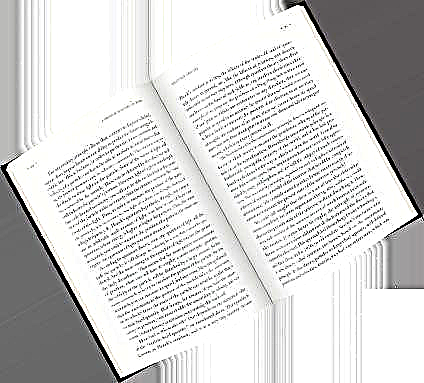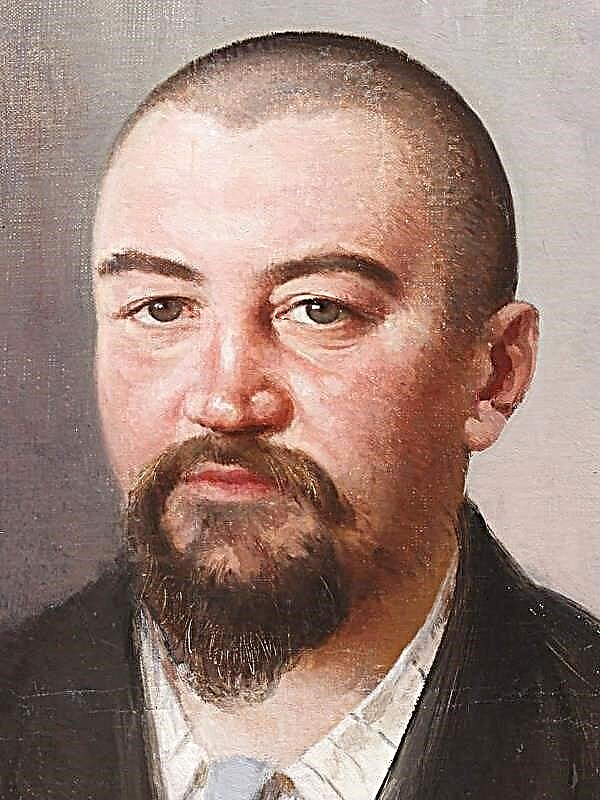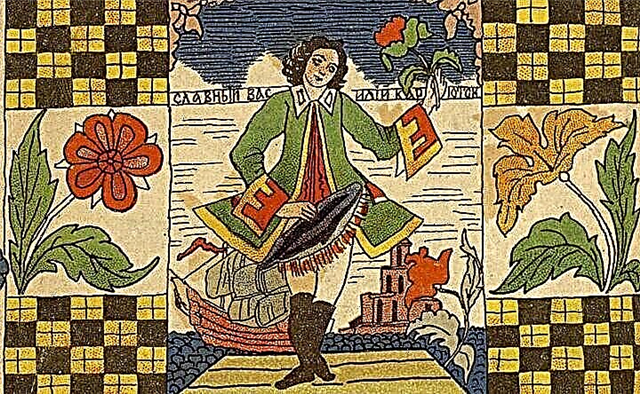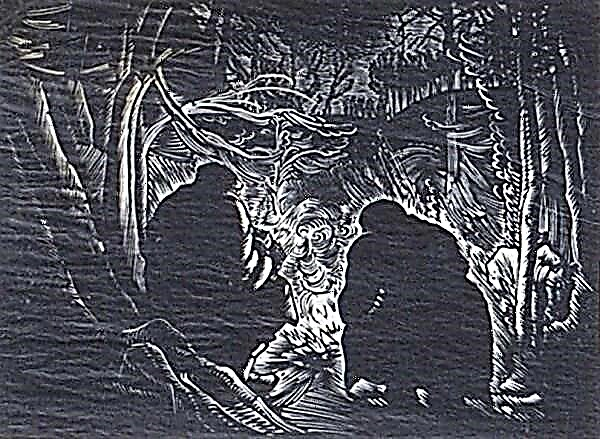The heroes of the story "Mikromegas" - natives of the planets of Sirius and Saturn, Mikromegas, a young man, an inhabitant of the star Sirius, by the age of 450 - on the verge of adolescence - was engaged in anatomical research and wrote a book. The mufti of his country, an idler and an ignoramus, found in this work positions suspicious, impudent, heretical and began to violently pursue the scientist. He declared the book banned, and the author was ordered not to appear in the court for 800 years. Mikromegas was not particularly upset that he was removed from the yard, which was vegetating in the baseness and bustle, and went to travel around the planets. He traveled the entire Milky Way and found himself on the planet Saturn. The inhabitants of this country were just dwarfs compared to Mikromegas, whose growth was 120 thousand feet. He became close to the Saturnians after they had ceased to be surprised at him. The secretary of the Saturnian Academy, a man of great intelligence, skillfully setting out the essence of other people's inventions, made friends with an alien who explained to him that the purpose of his journey was to search for knowledge that could enlighten him. “Tell us how many senses the people of your planet have,” the traveler asked. “We have seventy-two,” answered the academician, “and we constantly complain that this is too little.” “We are gifted with about a thousand feelings, and yet there is always concern in us that we are insignificant and there are beings that are superior to us,” said Mikromegas. - How long do you live? - was his next question. - alas, we live very little, only fifteen thousand years. Our existence is nothing more than a point, our century is an instant. As soon as you begin to know the world, even before experience comes, death is. “It's just like ours,” the giant sighed. “If you were not a philosopher,” he continued, “I would be afraid to upset you by saying that our life is seven hundred times longer than yours; but when death comes, whether you lived an eternity or one day is absolutely the same. After they told each other a little of what they knew, and a lot of what they did not know, both came to the decision to make a short philosophical journey.
Having stayed on Jupiter for a whole year and having learned during this time many interesting secrets that would have been published in the press, if not for the gentlemen inquisitors, they had caught up with Mars. Our friends continued on their way and reached Earth on the northern shore of the Baltic Sea on July 5, 1737. They wanted to get acquainted with the small country they were in. First they headed north to south. Since the foreigners walked quite quickly, they went around the earth in thirty-six hours. Soon they returned to where they came from, passing through the sea, almost invisible to their eyes and called the Mediterranean, and through another small pond, the Great Ocean. This dwarf ocean was knee-deep, and Mikromegas only dipped his heel in it. They argued for a long time whether this planet is inhabited. And only when Mikromegas, infuriated in the dispute, tore his diamond necklace, did the Saturnian, having brought some stones to his eyes, discovered that they were magnificent microscopes. With their help, travelers discovered a whale, as well as a ship on board which were scientists returning from the expedition. Mikromegas grabbed the ship and deftly laid it on his fingernail. Passengers and crew at this moment considered themselves blown away by a hurricane and thrown onto a rock, panic began. The microscope, which barely allowed to distinguish between a whale and a ship, was powerless to view such an inconspicuous creature as a person. But Mikromegas finally saw some strange figures. These unfamiliar creatures moved, talked. To speak, one must think, and if they think, they must have a certain likeness of the soul. But it seemed absurd to attribute such a soul to insects of this kind. Meanwhile, they heard that the speech of these boogers was quite reasonable, and this play of nature seemed inexplicable to them. Then the Saturnian, who had a softer voice, with the help of a mouthpiece made from the trimmed nail of Micromegas, briefly explained to the earthlings who they were. In turn, he asked if they were always in such a miserable state, close to nonexistence, what they are doing on a planet whose owners, apparently, are whales, whether they were happy, whether they had a soul, and asked many more similar questions. . Then the most talkative and courageous of this company, offended by the fact that he doubted the existence of his soul, exclaimed: “You imagine, sir, that, having from head to five thousand tois (a toaz - about two meters), you can ... "He did not have time to finish the sentence, as the amazed Saturnian interrupted him:" A thousand toaz! How do you know my height? ” “I have measured you and I can measure your huge companion,” the scientist replied. When the growth of Micromegas was correctly named, our travelers were literally numb. Recovering, Mikromegas concluded: “Having so little matter, and being apparently quite spiritual, you must lead a life of love and peace. I have never seen real happiness anywhere, but it certainly lives here. ” One of the philosophers objects to him: “There is more matter in us than is necessary in order to do a lot of evil. Do you know, for example, that at the very time when I am talking to you, one hundred thousand madmen of our breed, wearing hats on their heads, are killed or they themselves give themselves to kill one hundred thousand other animals that cover their heads with a turban; and that this has been happening almost throughout the earth since time immemorial. ” Mikromegas, full of indignation, exclaimed that he had a desire to crush this anthill inhabited by miserable killers with three ular heels. “Do not work,” they answered him. “They themselves are working hard enough on their own destruction.” Moreover, it’s necessary not to punish everyone, but inhuman Sydney, who do not leave their offices, give, during digestion hours, an order to kill millions of people. ” Then the traveler felt compassion for the small human race, which showed such amazing contrasts. He promised to compose an excellent philosophical book for earthlings, which will explain to them the meaning of all things. He really handed them this essay before his departure, and this volume was sent to Paris, to the Academy of Sciences. But when the secretary opened it, he found nothing but clean paper there. “I thought so,” he said.


